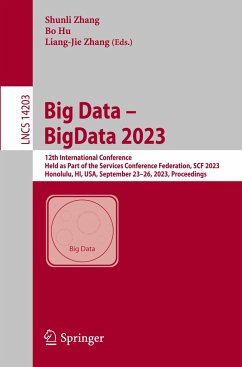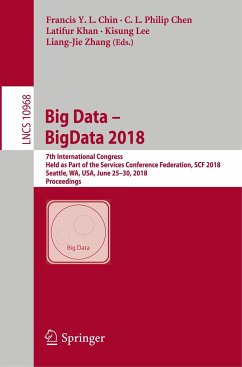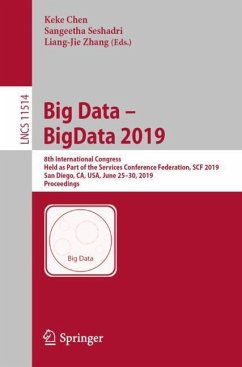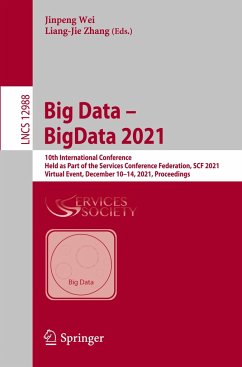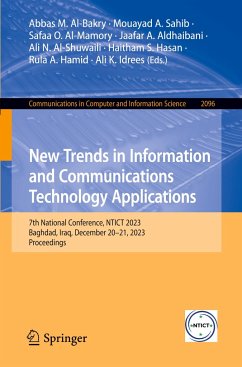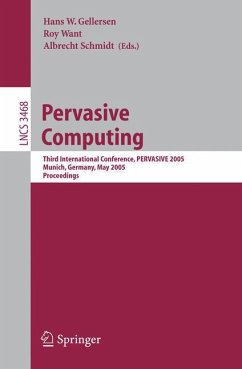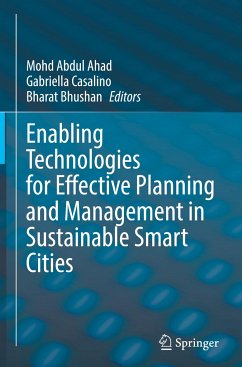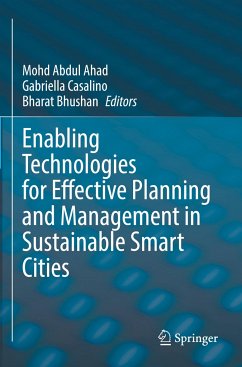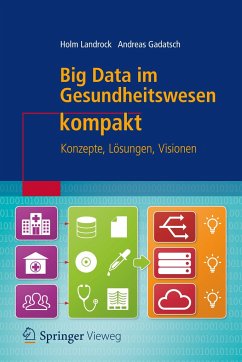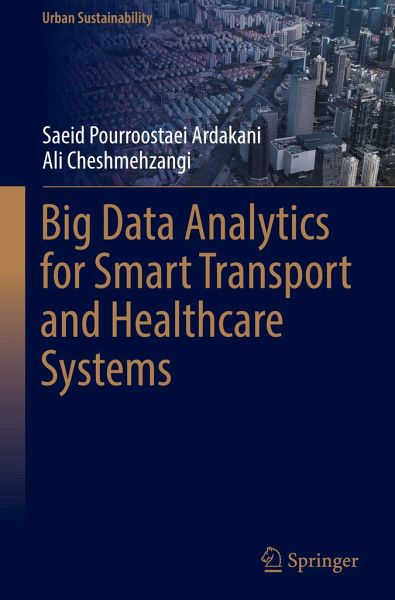
Big Data Analytics for Smart Transport and Healthcare Systems
Versandkostenfrei!
Versandfertig in 6-10 Tagen
91,99 €
inkl. MwSt.
Weitere Ausgaben:

PAYBACK Punkte
46 °P sammeln!
This book aims to introduce big data solutions in urban sustainability applications-mainly smart transportation and healthcare systems. It focuses on machine learning techniques and data processing approaches which have the capacity to handle/process huge, live, and complex datasets in real-time transportation and healthcare applications. For this, several state-of-the-art data processing approaches including data pre-processing, classification, regression, and clustering are introduced, tested, and evaluated to highlight their benefits and constraints where data is sensitive, real-time, and/o...
This book aims to introduce big data solutions in urban sustainability applications-mainly smart transportation and healthcare systems. It focuses on machine learning techniques and data processing approaches which have the capacity to handle/process huge, live, and complex datasets in real-time transportation and healthcare applications. For this, several state-of-the-art data processing approaches including data pre-processing, classification, regression, and clustering are introduced, tested, and evaluated to highlight their benefits and constraints where data is sensitive, real-time, and/or semi-structured.




